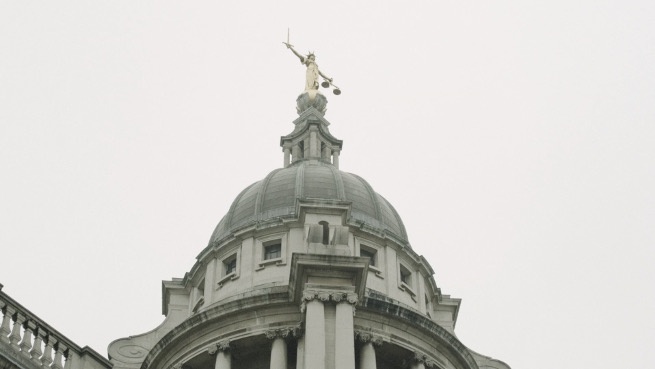
Scott Lyman
b. 1986, Virginia, USA
2012-2014 MA Fine Art, Central Saint Martins, London
2008-2010 MFA Acting, ART Institute at Harvard University, Cambridge, USA
2004-2008 BA Fine Art/Theatre Studies, Guilford College, Greensboro, USA
Artist’s Statement
Scott Lyman - Excerpts from Alan Hollinghurst’s 'The Swimming-Pool Library'
Set in London during the summer of 1983, Booker Prize-winning author Alan Hollinghurst’s debut novel, The Swimming-Pool Library is a lush, nostalgic coming-of-age story with complex political undertones. Inspired by the work of early gay novelists such as E.M. Forster and Ronald Firbank, Hollinghurst’s novel provides a comprehensive overview of gay male history in the UK, dealing with issues such as class, race, and the remnants of colonialism in gay male culture. This investigative work, with its rich descriptions of idealized masculine beauty, subtly picks-apart gay male privilege, revealing the ways in which aesthetics and egalitarian politics are at odds.
An important piece of post-Stonewall gay literature, The Swimming-Pool Library presents a frank portrayal of gay male sexuality, including graphic descriptions of unprotected sex. The novel was published in 1988 during a climax of the HIV/AIDS epidemic in the UK and amongst growing anti-gay sentiment. But the virus is never explicitly mentioned in the text, despite the fact it takes place during the summer of 1983, when the first cases of HIV were diagnosed in London. Hollinghurst’s use of sex not only foreshadows the oncoming epidemic, but also uncovers hidden, unsavory aspects of gay history that have been suppressed through successive waves of liberation and loss.
Recognizing the potential of Camp humour as a political tool with which to draw attention to the divide between beauty and ethics in gay male culture, Excerpts from Alan Hollinghurst's 'The Swimming-Pool Library' (2014) is comprised of short passages adapted directly from the novel. Intergenerational dialogue exploring pre-liberation gay life and the fetishization of black and working-class men by the gay elite is collaged with found footage and aesthetic references from Hollinghurst's text, questioning our relationship to this unconventional, hidden gay male history as citizens of a commodified, 'post-gay' culture.
With an extensive training in performance and a background in painting, Scott Lyman’s practice focuses on the intersection of aesthetics and social politics. He works with actors and dancers as a means of putting the past into transformative relation with the present.





